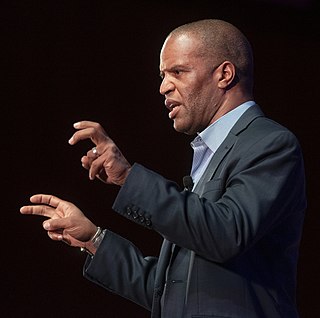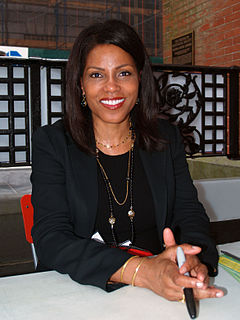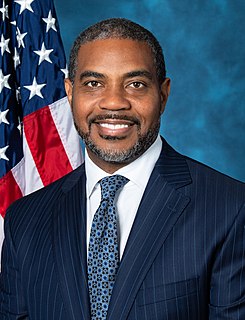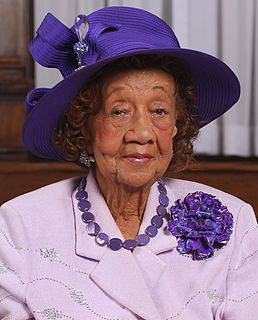A Quote by Charles B. Rangel
Dr. King's famous 'I Have a Dream' speech was delivered at 'The March on Washington for Jobs and Freedom,' a call to justice beyond the traditional civil rights movement's focus.
Related Quotes
Dr. [Martin Luther] King led a very historic march here in Washington, D.C. It was a march for jobs and freedom. It was a march to raise expectations that this country could live up to its ideals. I have watched this debate, this conversation [betwin Hillary Clinton and Donald Trump] about bigotry, about racism, I find it all misplaced.
In my view, the most important lesson we can learn from Dr. King is not what he said at the March on Washington but what he said and did after the march. In the years following the march, he did not play politics to see what crumbs a fundamentally corrupt system might toss to the beggars for justice.
Being a progressive himself, Franklin Roosevelt was talking about the fact that we should provide jobs for everyone who wants one. People do have a right to live in decent housing. They do have a right to education. FDR was preaching this gospel in the '30s, and Dr. Martin Luther King did the same thing in the 1960s with the Poor People's March on Washington. Folks in this country have these rights and it's the job of this country to answer this call.
Dr. King organized the Poor People's Campaign in 1968 to shut down Washington, D.C. and force legislators to tackle poverty. His efforts to shift focus from civil to silver rights were interrupted by his untimely death. He fought ardently for Black rights, but he also recognized financial literacy as the key to an America that was truly free for all people.
As Dr. King said, an injustice anywhere is a threat to justice everywhere. It is that creed of the civil rights movement that still motivates us today...So today, we take up the cause of joining arms with our immigrant brothers and sisters in that spirit... to lend a hand to those who confront injustice as a result of a broken immigration system.
I was involved in the civil rights movement way back in the late '50s and through the '60s and '70s. I was doing a civil rights musical here in Los Angeles and we sang at one of the rallies where Dr. Martin Luther King spoke, and I remember the thrill I felt when we were introduced to him. To have him shake your hand was an absolutely unforgettable experience. Even before I could vote, I was involved in the political arena.
In less than a century we experienced great movement. The youth movement! The labor movement! The civil rights movement! The peace movement! The solidarity movement! The women's movement! The disability movement! The disarmament movement! The gay rights movement! The environmental movement! Movement! Transformation! Is there any reason to believe we are done?

































